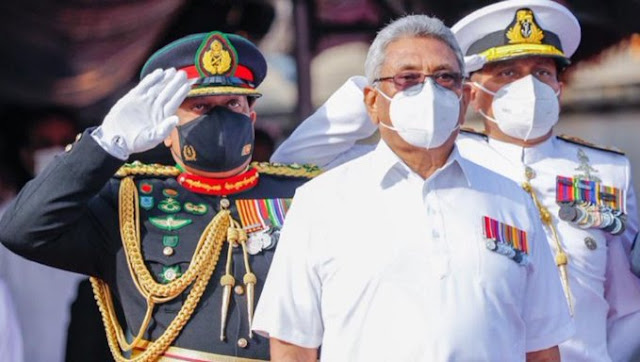
Two successive years of coronavirus pandemic hits Island nation Sri Lankan very badly. Sri Lanka pushed to economic and food emergency. The government imposed rationing for food supply to the people in the country. Sri Lankan President Gotabaya Rajapaksa, using powers vested in the country’s Public Security Ordinance, declared Emergency regulations pertaining to the distribution of essential food items. The proposed emergency is meant to control food prices and prevent hoarding amid shortages of some staples.
Long queues appeared outside the supermarkets for buying essential items soon after the announcement came from President Gotabaya Rajapaksa. The government ordered the nation’s army to manage the crisis. Sri Lanka gets its main source of revenue through the tourism industry. There was a huge rush of tourists from other nations to Sri Lanka every year. Tourism industry has been severely hit by the coronavirus pandemic. Forex reserves were drastically dropped from $7.5 billion to $2.8 billion. Adding to that, the Sri Lankan rupee has lost more than 20% of its value against the US dollar. Nation’s central bank has prohibited traders from exchanging more than 200 Sri Lankan rupees per $1.
The island nation is facing a
severe food shortage. Due to the depletion of forex reserves, the cost of
importing food items has risen significantly. The country heavily relies on
imports, even for basic food supplies. The reason for the current food crisis
is the ban on chemical fertilizers which affected agricultural production in
the country. Ban on chemical fertilizers push towards organic farming has led
to a food crisis. It seems that Rajapaksa’s move to make Sri Lanka as the first
nation in the world that agricultural production by organic farming is
reversed. That forced to reduce crop yields in the country. India worried as
the curbs placed by the island nation on imports and foreign currency may
worsen payment problems they are already facing.




Comments